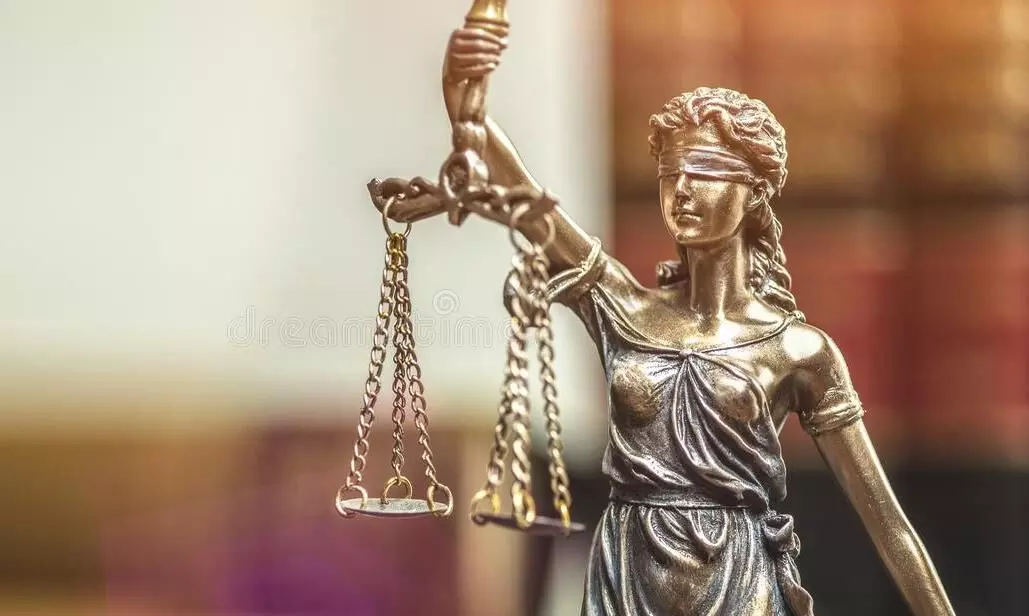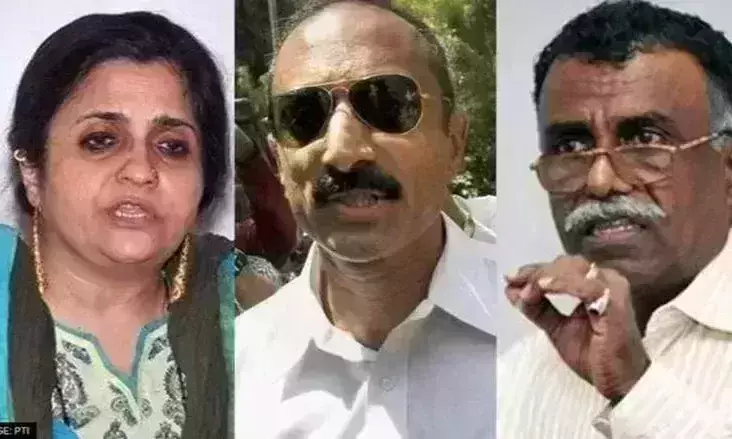
Justice system making petitioners defendants
text_fieldsWhen governmantal atrocities make citizens suffer, they approach the judiciary seeking relief and justice. And when governmental machinery runs wild making the poor its victims, they see the Supreme Court as the last point of succour. But what is indicated by the highest court's verdict in the Dantewada case the other day is that even the Supreme Court lets the citizen down. In 2009, in the villagers of the district Dantewada of Chhattisgarh (present Sukma) , 17 tribals, including a 12-year old girl were killed. Their houses were destroyed and several people were injured. The then BJP government led by Raman Singh put the blame on Maoists. But the villagers say that all of it was done by the security forces of the government. When it became clear that justice would not come from the government, Himanshu Kumar the chief of NGO called Vanvasi Chetna Ashram, which has been working for tribal welfare for over a decade and a half, approached the court. The police discovered seven dead bodies. But no independent inquiry was conducted about the incident. That was how Himanshu Kumar and others moved the Supreme Court seeking CBI nquiry into the extra-judicial killings and torture committed by the Chhattisgarh police and central forces. But the court not only decided that there was no need for a probe and that it was Maoists who committed the crime, as was found in the previous investigation. The bench comprising Justices AM Khanwilkar and JB Pardiwala in the judgement of July 14, also slapped a fine of Rs five lakh on the main petitioner Himanshu Kumar. The court which accepted the version of the secucrty forces also directed the government to enquire whether the public interest litigation was filed to denigrate the security officers and to help extremists.
The right to approach the judiciary in search of justice is granted by the Constitution to the citizens. But when even that is treated as an offence, how will that stance be compatible with the Constitution? And this is not the first instance of the kind. In the judgement given last month in the case related to the Gujarat mass murders, the Supreme Court acquitted the then Gujarat chief minister Narendra Modi and others. And not stopping there, the bench raised a charge against the petitioners and even indicated that action could be initiated against them. And what followed was that the government promptly arrested and filed case against Teesta Setalvad and RB Sreekumar, citing in the FIR the remarks in that verdict. Does the Supreme Couot mean to give a message that no one should come to it with complaint against the governments? In disputes with the powerful central and state governments on one side, and the weak and poor individuals and communities on the other, the Constitution envisions the judiciary as a shield against the injustices of the powerful. It is in a country when courts - including the Supreme Court - have accepted even a letter of plea sent in a post-card and treated it as a public interest litigation leading to inquiry and remedy that the Supreme Court is now ordering an investigation into whether there is a conspiracy behind complaints against the administration.
The denial of justice comes not only in the situation of petitioners being made culprits or the plaintiffs turning defendant. There have been cases last month where complaints against the government were dismissed without adequate scrutiny. In Uttar Pradesh and other states, when municipal authorities started demolishing houses with bulldozers, complaints came up before the Supreme Court against them. The court, which initially said that no demolitions without due process of law will be allowed, finally accepted in toto the authorities' contention that everything was done legally and set aside the petition saying that the court could not order a blanket prohibition of demolitions. There was ample evidence that demolitions were being made as a revenge against protests. For, the bulldozers were seen in action very soon following protests, and targeting those who were charged for that. When the modus operandi is the same in Uttar Pradesh, Madhya Pradesh, Gujarat, Assam and Delhi , the matter gets clear. In addition, there was even a minister who openly declared that bulldozing of houses of protesters would continue. Supreme Court Chief Justice NV Ramana himself cited the serious deficiencies in the administration of justice in a talk the other day. What he said, in addition to mentioning the difficulty of obtaining bail and the unending suffering in under-trial detention, is a core truth: the process itself becomes punishment. But now the judiciary, which has to repair the situation, has started seeing even the search for justice as an offence. These are grave maladies which have affected the administration of justice and crave for urgent attention of the higher judiciary including the CJI and demand a solution.



























